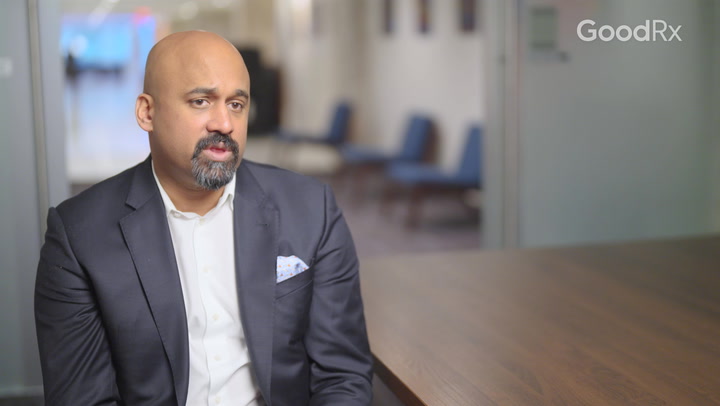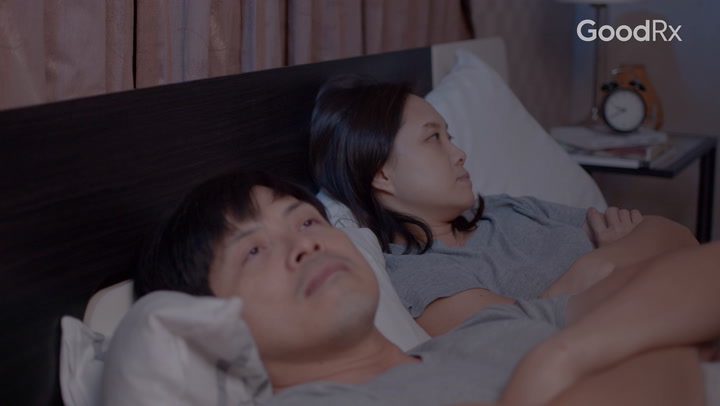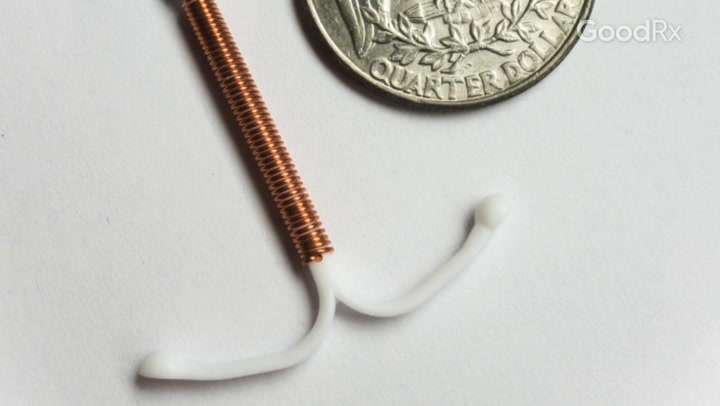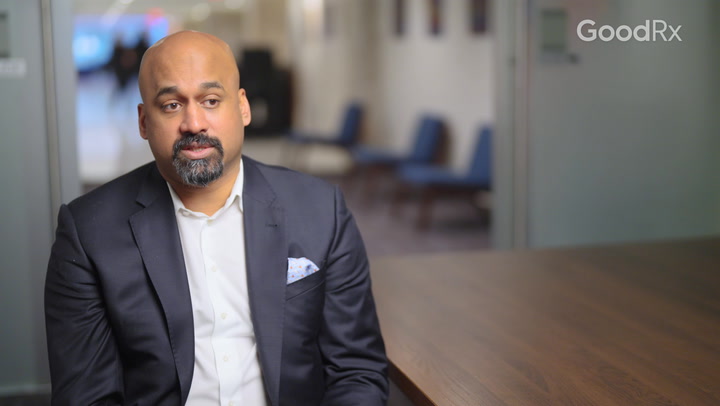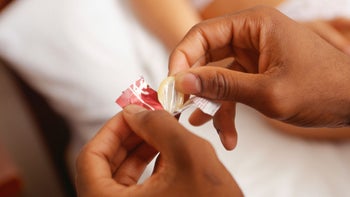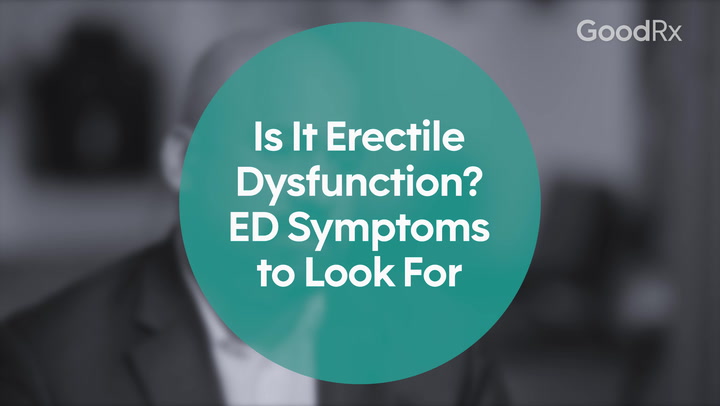
Is It Normal to Watch Porn?
Key takeaways:
It’s very common to watch pornography. Most adults in the U.S. have viewed pornography at some point.
The research on pornography is conflicting. Some studies have found that watching pornography can have negative effects on your mental health and relationships, but others have challenged this.
Though it’s not an official mental health condition, experts believe that it’s possible to become addicted to pornography. People who are addicted to pornography may experience strong urges and have trouble controlling how much they watch.
Table of contents

Pornography, or porn for short, refers to content that’s intended to cause sexual arousal and pleasure. It includes sexually explicit videos, photos, and reading material. In today’s world, porn is easily accessible through the internet.
Although it’s widely available, it’s no surprise that porn remains controversial. Many experts believe that viewing porn can lead to addiction and have a negative effect on your relationships. On the other hand, some folks say that porn can be positive when consumed in moderation.
Is watching porn normal?
It’s hard to say. One thing that we do know for sure is that watching porn is quite common. According to one survey, more than 9 out of 10 of men and 3 out of 5 of women said they had watched porn in the previous month.
Despite legal restrictions on underage children viewing porn, watching it is also quite common among teens. Studies have found that around 3 out of 4 teens aged 13 to 17 years old have watched pornography online. More than half of teens have seen porn by the time they are 13 years old.
But even though it’s certainly common to watch porn, the question of whether it’s “normal” is a complicated one. The answer will depend on whom you ask. A person’s moral and religious beliefs and values are likely to heavily influence their answer.
And personal preferences also matter. After all, when it comes to sex, what’s authentic and right for one person might not be the same for someone else.
Read more like this
Explore these related articles, suggested for readers like you.
Is it OK to watch porn?
This is a controversial question without a straightforward answer. Whether it’s acceptable to watch adult pornography is a personal decision.
Let’s take a closer look at some of the concerns.
Mental health concerns
From a mental health perspective, watching porn may have negative effects for some people. Research has linked watching porn to:
Mental health symptoms, including increased stress, anxiety, and depression
Social isolation
Involvement in high-risk sexual behaviors
Studies have also found that porn can be addictive. While porn addiction isn’t currently recognized as a mental health disorder, some experts do believe that it’s a type of behavioral addiction.
The effects of viewing porn on the brain are similar to the effects of substances like cocaine and opioids. It activates the same reward pathways, leading to repeating the behavior again and again. The behavior becomes an addiction when it’s continuously repeated despite its negative consequences.
Legal concerns
From a legal perspective, in the U.S. it’s legal for adults over the age of 18 to view porn involving other adults. But unfortunately, when you’re viewing porn online there’s no way to be 100% sure that what you’re watching is completely legal. There are many cases of non-consensual and even underage pornographic material ending up on popular websites.
Moral and religious concerns
For many people, the question of whether it’s OK to watch porn might also be a moral or religious one. Many religious groups view watching porn as a sin. It can feel conflicting when a person views porn as sinful but still watches it. And research has actually found that people who believe that porn is morally wrong are more likely to label themselves as addicted to it, even if they don’t meet the criteria for an addiction.
When does watching porn become a problem?
If your pornography use has started to cause issues in your day-to-day life, it’s possible that you could have a porn addiction. Though porn addiction isn’t an official mental health diagnosis, it’s still an issue for many people.
Signs that you may have a problem with porn include:
Continuing to view porn even if it’s causing problems at work, school, home, or in your relationships
Experiencing strong urges to view porn
Spending long amounts of time watching porn
Not being able to control your porn use
Having a hard time cutting down or stopping your porn use
Prioritizing porn over other important activities and responsibilities
Another sign that your porn use could be a problem is withdrawal. This means you have uncomfortable physical, mental, and sexual reactions when you’re not able to view porn, or when you try to stop using it.
It may be good to know that not everyone who watches porn will develop an addiction. But if you’ve experienced any of the signs above, it could be worthwhile to check in with a mental health professional, particularly one who is experienced in working with behavioral addictions.
Can watching too much porn affect your romantic relationships?
Possibly. The research so far is mixed. In some research studies, couples say that porn has enhanced their sex life or had no effect. But in other studies, it seems to lead to negative consequences.
There’s some evidence that using porn might be linked to:
Lower commitment to your partner
A higher likelihood of being unfaithful to your partner
Difficulty becoming aroused (or “turned on”) when you’re with your partner
Less interest in sexual intimacy with your partner
Your partner feeling inadequate or objectified
Overall, it seems that different couples are affected differently by viewing porn. In some cases, it can be hard on the relationship. In other cases, it might not matter — or it could even be helpful. It’s possible that different factors play a role, like whether or not both partners watch porn, or if it’s something a couple can talk openly about together.
If you’re worried that porn is having a negative effect on your relationship, it’s a good idea to look into this further. And if you can’t work through it on your own, a trained couples therapist or sex therapist can help.
When to get help for a porn addiction
If you’re concerned about your porn use and haven’t been able to cut back or stop on your own, it might be time to get help. This could mean talking to your healthcare professional or therapist, or reaching out to a 12-step group or another type of community support program.
Many substance use professionals and programs also work with behavioral addictions to pornography. Other professionals or programs are specialized specifically in this area.
For additional resources or to connect with mental health services in your area, call SAMHSA’s National Helpline at 1-800-662-HELP (4357) for referral assistance. You can also search SAMHSA’s locator tool for local treatment facilities in your area.
Support groups are also available to help those wanting to stop consuming porn, such as:
Like with other forms of addiction or substance use disorders, recognizing that you may have a problem is the first step. Next, you must make a commitment to change and then take action. Although behavioral addictions can be hard to overcome, recovery is possible with the right treatment.
The bottom line
Porn is a controversial topic. Whether you examine the research or ask people about their personal opinions, you will get a range of responses. For some people, porn might be linked to mental health problems and relationship issues. But others may have a positive or neutral experience with it.
What matters most is how porn affects you and your relationships. If you experience negative effects from watching porn and are having trouble stopping, it may be time to seek professional help.
Why trust our experts?



References
American Psychological Association. (2020). Religious, moral beliefs may exacerbate concerns about porn addiction.
Brower, N. (2023). Effects of pornography on relationships. Utah State University Extension.
Camilleri, C., et al. (2021). Compulsive internet pornography use and mental health: A cross-sectional study in a sample of university students in the United States. Frontiers in Psychology.
Common Sense Media. (2023). New report reveals truths about how teens engage with pornography. PR Newswire.
de Alarcón, R., et al. (2019). Online porn addiction: What we know and what we don’t-a systematic review. Journal of Clinical Medicine.
Fight the New Drug. (n.d.). How the porn industry profits from nonconsensual content and abuse.
Floyd, C. G., et al. (2022). Context matters: How religion and morality shape pornography use effects. Current Sexual Health Reports.
Grant, J. E., et al. (2010). Introduction to behavioral addictions. The American Journal of Drug and Alcohol Abuse.
Jha, A., et al. (2022). Neurobiology of sex and pornography addictions: A primer. Journal of Psychosexual Health.
Kohut, T., et al. (2016). Perceived effects of pornography on the couple relationship: Initial findings of open-ended, participant-informed, ‘‘bottom-up’’ research. Archives of Sexual Behavior.
Kohut, T., et al. (2021). But what’s your partner up to? Associations between relationship quality and pornography use depend on contextual patterns of use within the couple. Frontiers in Psychology.
Lambert, N. M., et al. (2012). A love that doesn’t last: Pornography consumption and weakened commitment to one’s romantic partner. Journal of Social & Clinical Psychology.
Love, T., et al. (2015). Neuroscience of internet pornography addiction: A review and update. Behavioral Sciences.
Pappas, S. (2021). Teaching porn literacy. American Psychological Association.
Solano, I., et al. (2020). Pornography consumption, modality and function in a large internet sample. Journal of Sex Research.
U.S. Department of Justice Criminal Division. (2023). Citizen’s guide to U.S. federal law on obscenity.







